Recently, a senior had a phone call – referred to as an Emergency Scam, and it went something like this…
“Hi grandma, I need your help. I am in Montreal and I had my wallet stolen. I need some money to get back home.”
“Who is this?”
“Grandma, don’t you recognize your own grandson’s voice?”
“Jesse?”
“Yes, it’s Jesse. I really need your help grandma.”
“What are you doing in Montreal?”
“I came here for a friend's wedding, but my wallet was stolen, and I have no way to get back home. Please grandma, I need your help.”
“Why didn’t you call your mother?”
“No grandma, please don’t call mom. She will be so upset with me because I didn’t tell her I was going. She can’t know I was here. Please grandma you have to help me.”
“Jesse I can’t help you. I don’t have any money to send you.” “Please grandma, I really need help. Couldn’t you….”
Thankfully the senior ended the conversation with “I cannot help you, call your mother.” The caller then hung up. As I am sure you realize, this was a scam. It is called an Emergency scam and many seniors fall victim to it every day. We care about our kids and grandkids and we want to help or get them out of trouble. Unfortunately, scammers have tapped into this care and concern and some seniors have lost money after attempting to ‘help’ a grandchild in a bind—only to discover they had been deceived by a convincing scammer. When I talked to this senior about this being a scam, her response was, “but how did he know Jesse’s name?” I explained that she told it to him when he made the comment, “Grandma, don’t you recognize your own grandson’s voice?” If we are not careful, when we receive “scam” phone calls, we can inadvertently give away personal information. The callers are very good at picking up on the clues and working with them. They are very good at what they do. This is only one type of scam. I am sure that most of us have received the calls about lowering our credit card interest, or from Canada Revenue indicating we owe them money, or even the special holiday trips that will give us a lot of “free” stuff, including reduced hotel rates, for a small fee or any of several other calls from scammers. You can block the number, but generally they can just call again using another number. You can tell them to stop calling, but usually they are randomly generated numbers and they don’t know who they are calling, the phone number for that person, or where they are located. They get that information the more they talk to us, often without us realizing that we, ourselves, have given them that information.
Competition Bureau Canada has a great publication called “The Little Black Book of Scams” that can be found on their website: www.competitionbureau.gc.ca. Scroll down and click on “The Little Black Book of Scams 2nd edition”. There is information about different types of scams, tips to protect yourself as well as what to do and who to call if you want to report a scam. Share what you learn with other family members. These scammers are creative and always coming up with something new. If someone is asking for personal information or money, just hang up.
When we are struggling with finances (which can happen to most of us at times), we may expect to get a call. If you do, ask for their name and id number, write it down, then hang up and call the number you have for that service, DO NOT CALL THE NUMBER THEY GIVE YOU.
Don’t let yourself be bullied over the phone, hang up. If you are worried about your credit card or you bank, energy bill etc., call the number on your statements to check it out.
Resources:
https://www.competitionbureau.gc.ca
Written by Debbie Olson, Seniors’ Connection Coordinator
